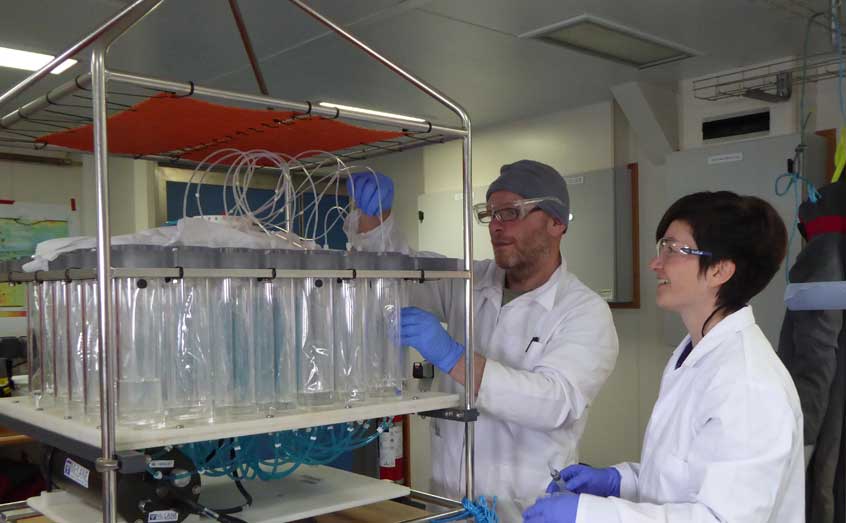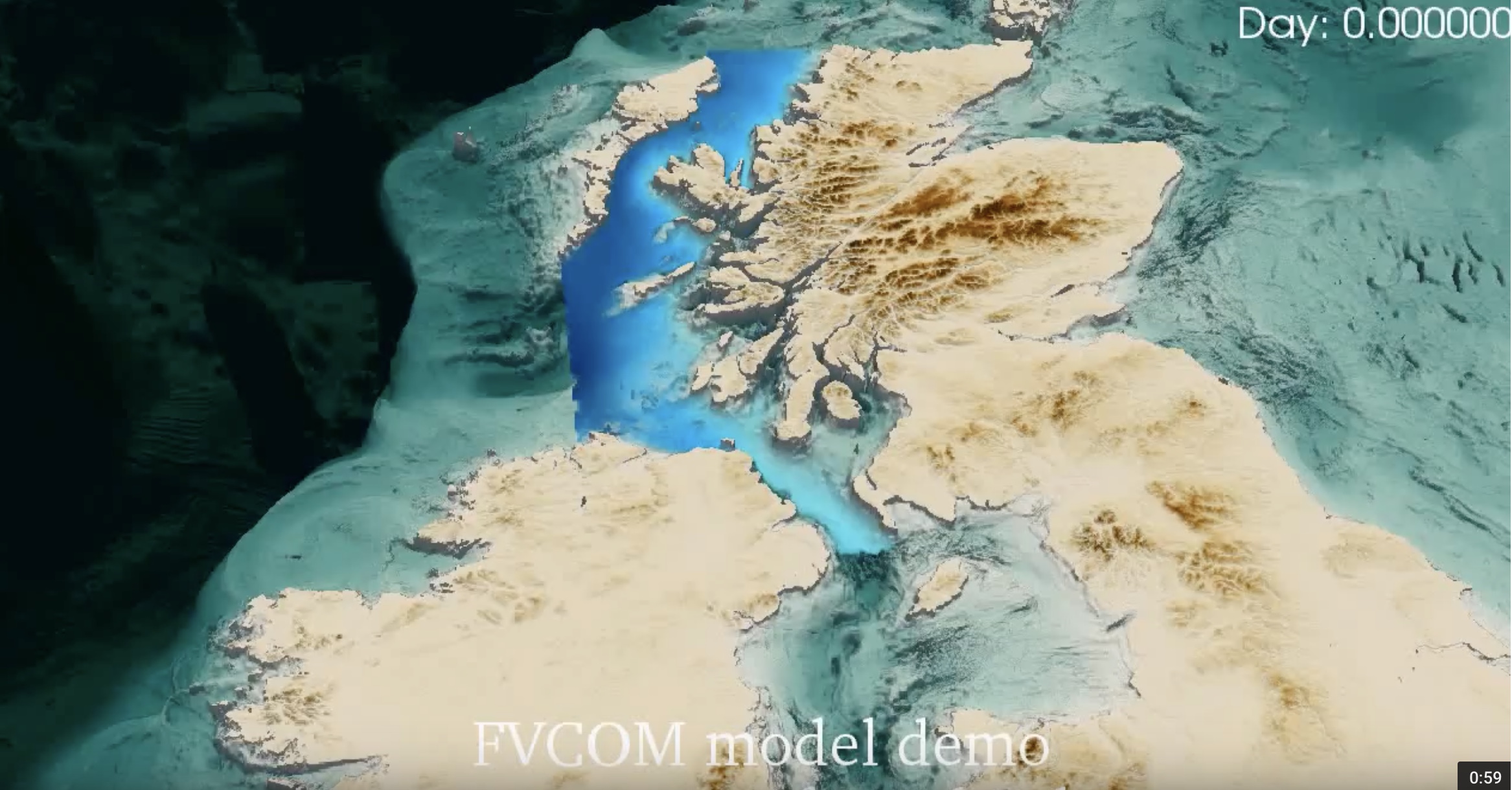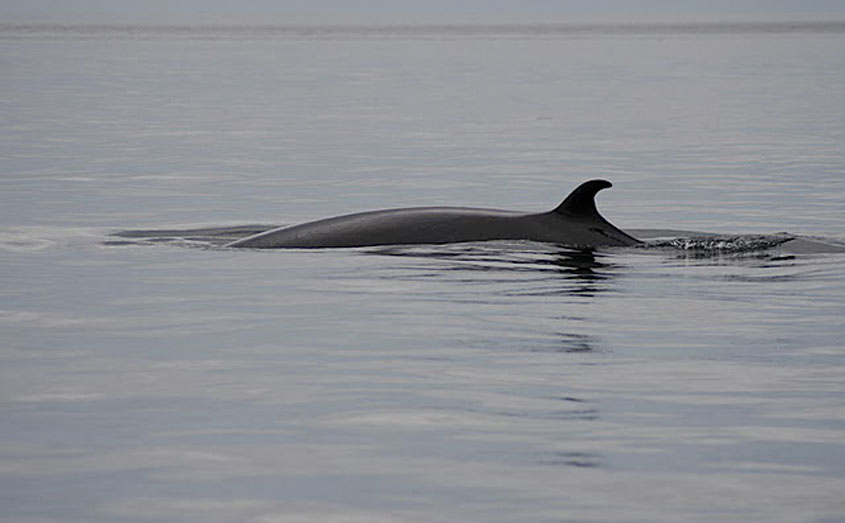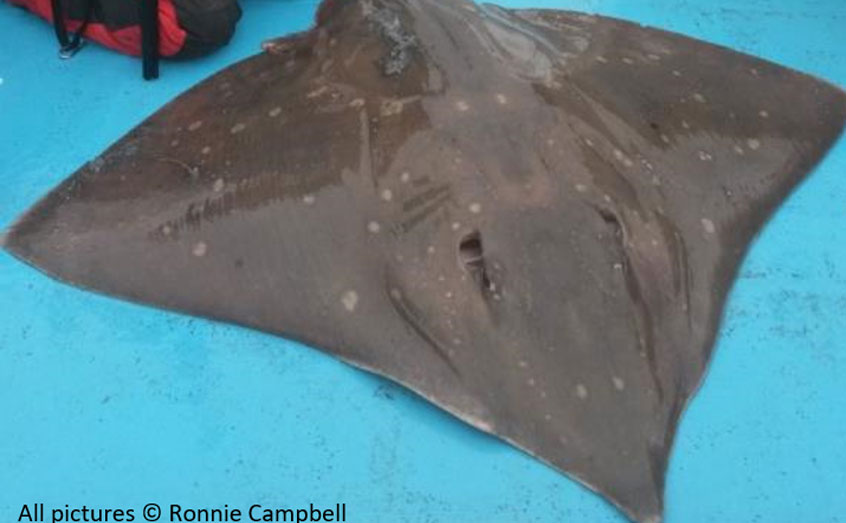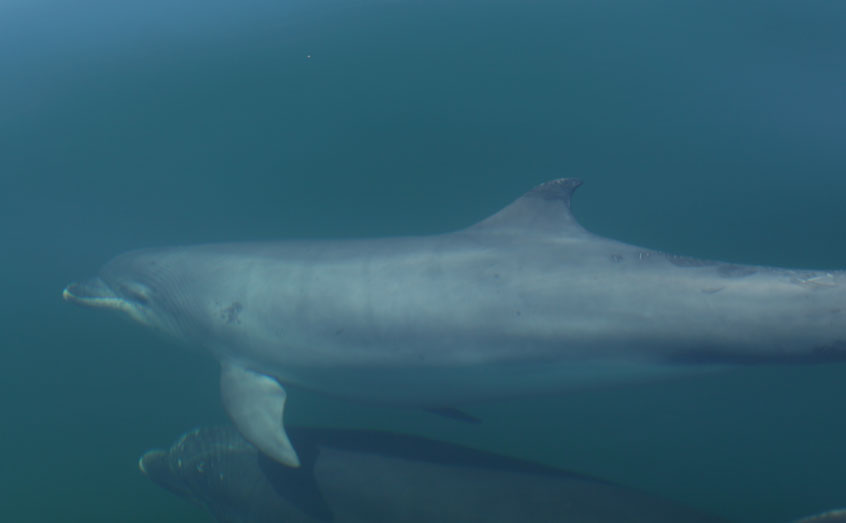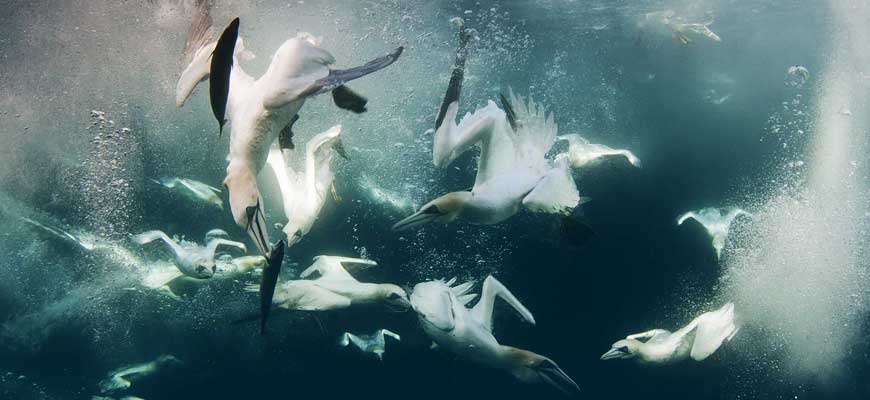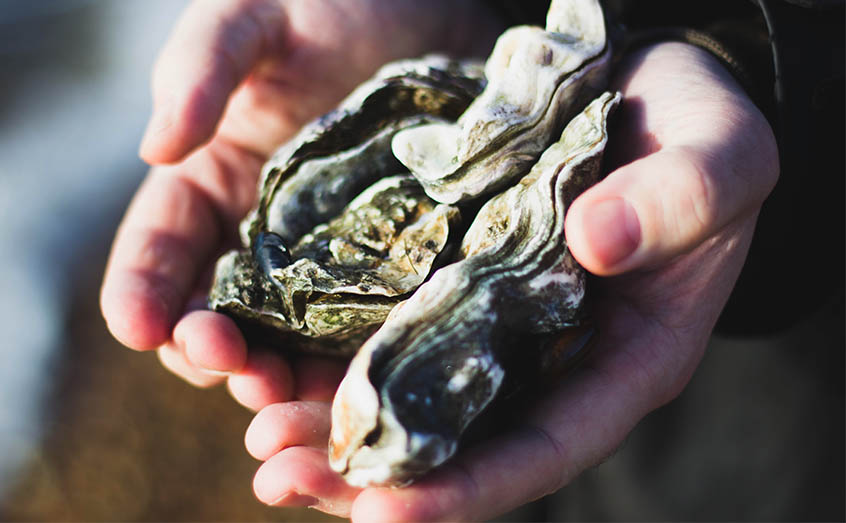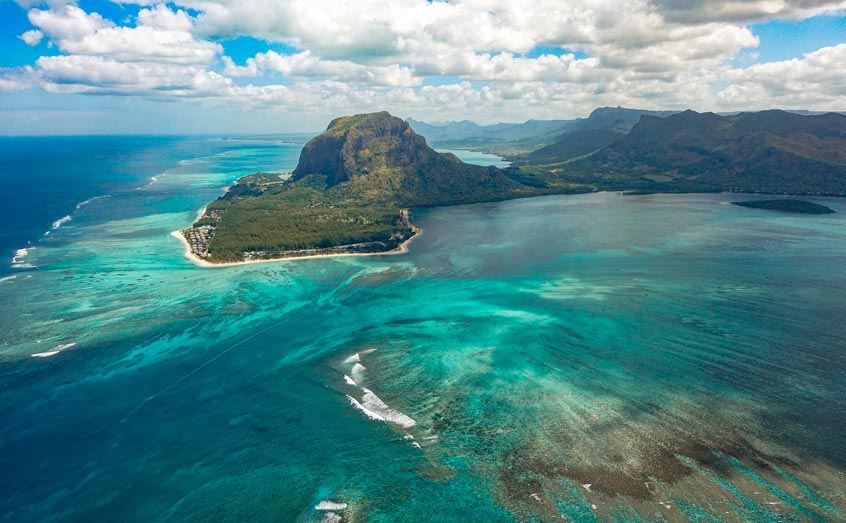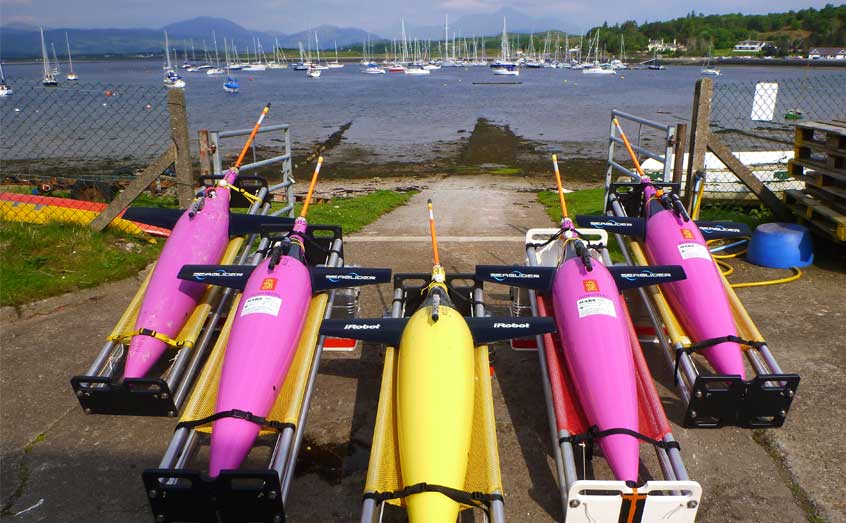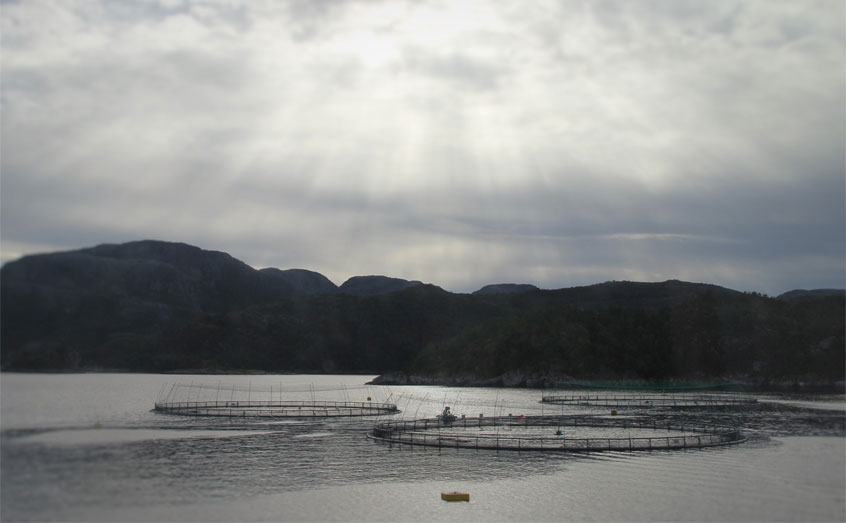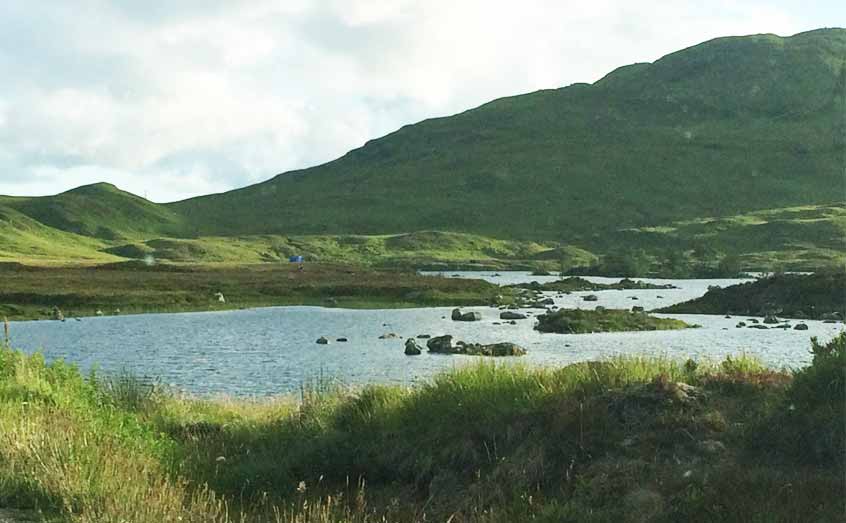So far mankind has changed Earth's natural marine world less than its terrestrial environment. Over the last century, however, we have developed increasingly potent technologies to exploit marine resources and the waste from human activities now pollutes the marine environment everywhere.
To minimise conflict between diverse users of the marine environment we have developed international, national, regional and local legislation relating to the sea, assigned property rights to coastal waters and now also the offshore seabed and have begun to actively manage the marine environment.
Managing the marine environment is more difficult than managing land because we know less about the sea, find it difficult and expensive to know what is going on and to even work in a moving, 3 dimensional, corrosive, dynamic and greatly interconnected watery environment. Over the years it has become apparent that we may require an ecosystem-based approach to ocean management that considers all interactions within an ecosystem including humans, rather than considering single issues, species, user groups, resources or ecosystem services.
Marine research over the past 150 years has yielded an understanding that healthy seas and oceans provide an essental planetary life-support system and many 'ecosystem services' such as air purification, climate regulation, food, genetic, medicinal and ornamental resources, prevention of coastal erosion, waste treatment and assimilation, recreation, inspiration, cultural and spiritual experiences.
To maintain these benefits it is important to have healthy seas. Marine scientists work on defining 'healthy', identifying effective and efficient monitoring systems, developing a greater understanding of threats and impacts, devising methods and technologies to minimise impacts and restore degraded environments and unravelling the relationship between people and the sea.
Our efforts to conserve our marine environment have to take into consideration changes in climate.
We work with regulators, industry, NGOs and other groups in the UK and further afield to define and achieve marine conservation objectives.
Much of our 'processes' research has proved useful to marine conservation as it needs to be based on a good understanding of the physics, chemistry, geology, biology and sociology of the marine environment.
Current research foci relating to marine conservation include
- >fisheries and bycatch management (Clive Fox, Sheila Heymans)
- >benthic disturbance and restoration (Kim Last)
- >invasive non-native marine species (Elizabeth Cottier-Cook)
- >monitoring of marine protected areas (Andrew Dale, Denise Risch, Natalie Hicks)
- >monitoring of protected species such as flapper skate (Steven Benjamins)
- >dispersal and connectivity between habitats including MPAs (Tom Adams)
- >underwater noise issues (Ben Wilson, Steven Benjamins, Denise Risch)
- >seamounts as habitats with many endemic species (Bhavani Narayanaswamy, Natalia Serpetti)
- >ecosystem complexity (Tom Wilding)
- >changes in biodiversity and species distribution caused by climate change (Mike Burrows)
- >values around nature (Jasper Kenter)
- >the valuation of marketed and non-marketed natural resources (Simone Martino)
Read this interesting 2016 thought-piece by Ben Wilson considering if marine protected areas for mobile mega-fauna might do more for their proponents than the animals...


